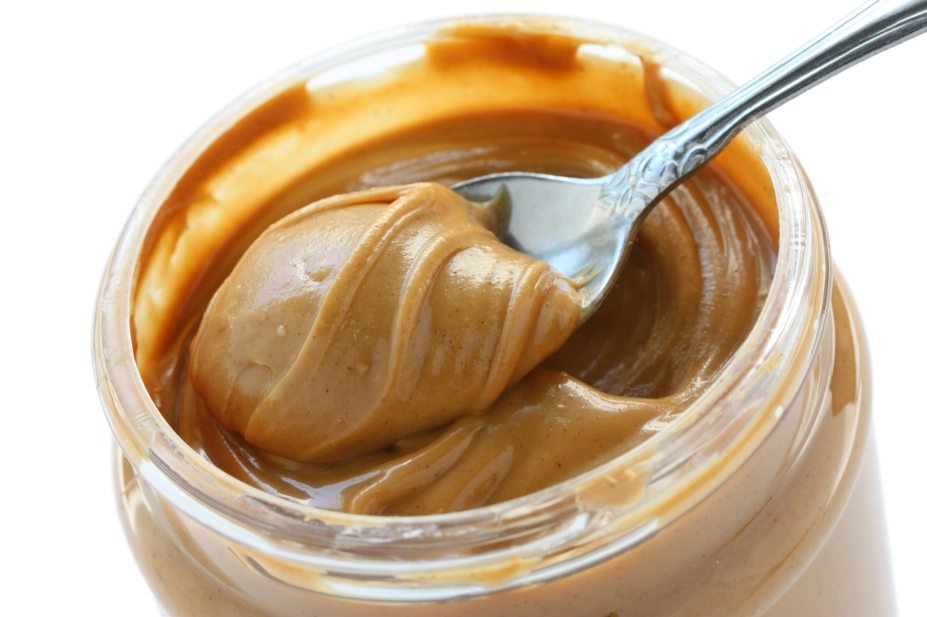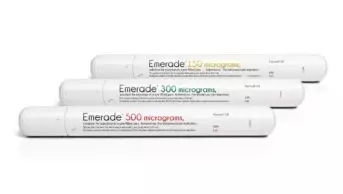
Shutterstock.com
US food manufacturers will, for the first time, be allowed to make the health claim that their product could help prevent peanut allergies in babies and young children.
In a statement, the American Food and Drug Administration (FDA) commissioner Scott Gottlieb confirmed that food manufacturers would be able to advertise the benefits of introducing food containing ground peanuts to babies and young children in order to help them reduce the risk of developing an allergy to peanuts.
The health claim will read: “For most infants with severe eczema and/or egg allergy who are already eating solid foods, introducing foods containing ground peanuts between 4 and 10 months of age and continuing consumption may reduce the risk of developing peanut allergy by 5 years of age.”
This is the first time the FDA has recognised a qualified health claim to prevent a food allergy. Gottlieb said the goal of the FDA was to “make sure parents are abreast of the latest science and can make informed decisions about how they choose to approach these challenging issues”.
The new claim will note that it is based on one study, a recent landmark clinical trial funded by the US National Institutes of Health.
It found that introducing foods containing smooth peanut butter to babies as early as four months of age who are at high risk of developing a peanut allergy — due to severe eczema or egg allergy or both — reduced their risk of developing peanut allergy later in childhood by around 80%.
New guidelines published in January by the US National Institute of Allergy and Infectious Diseases (NIAID) said that even babies with the highest risk of having a peanut allergy should be given small doses of the nut because it might prevent the allergy from ever developing.


